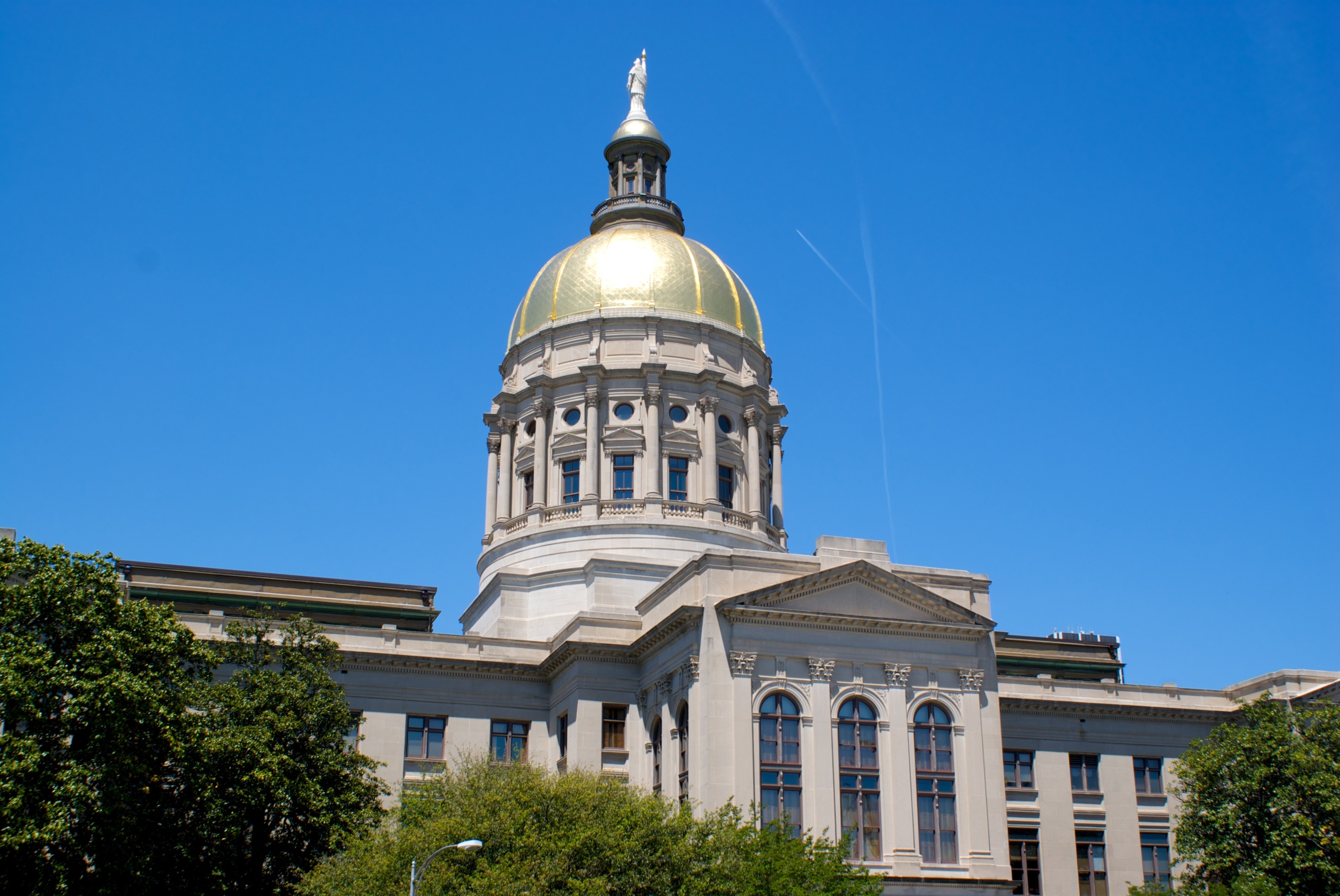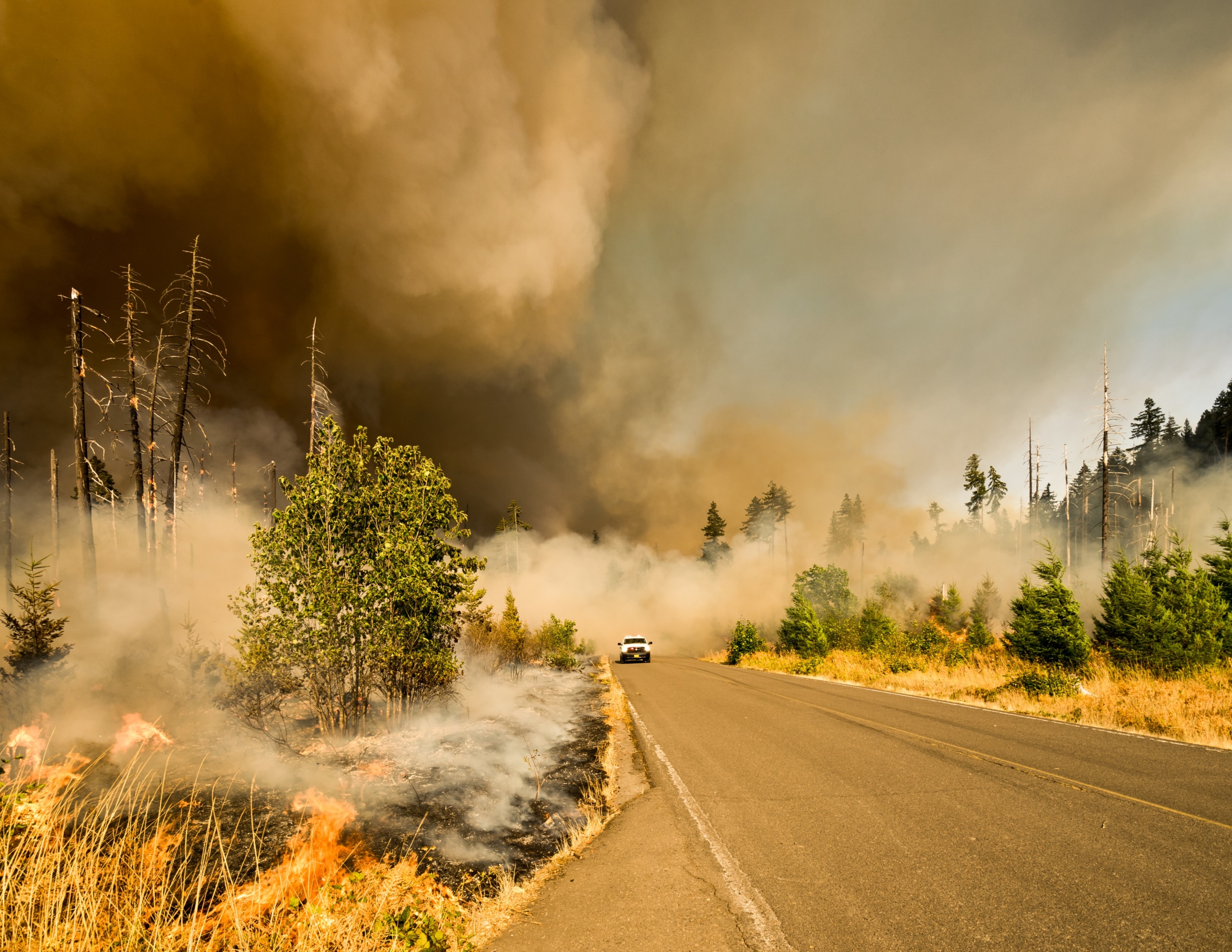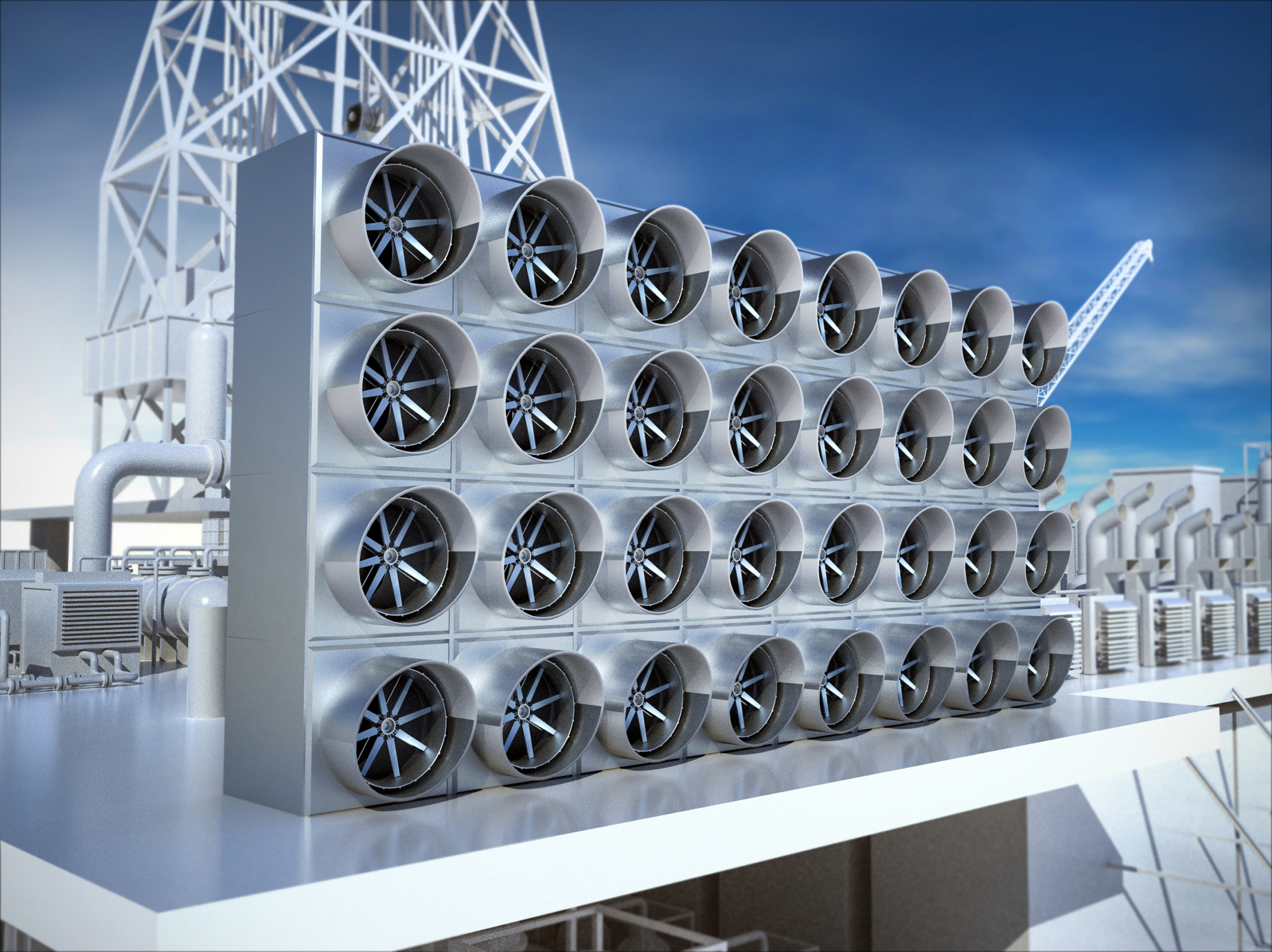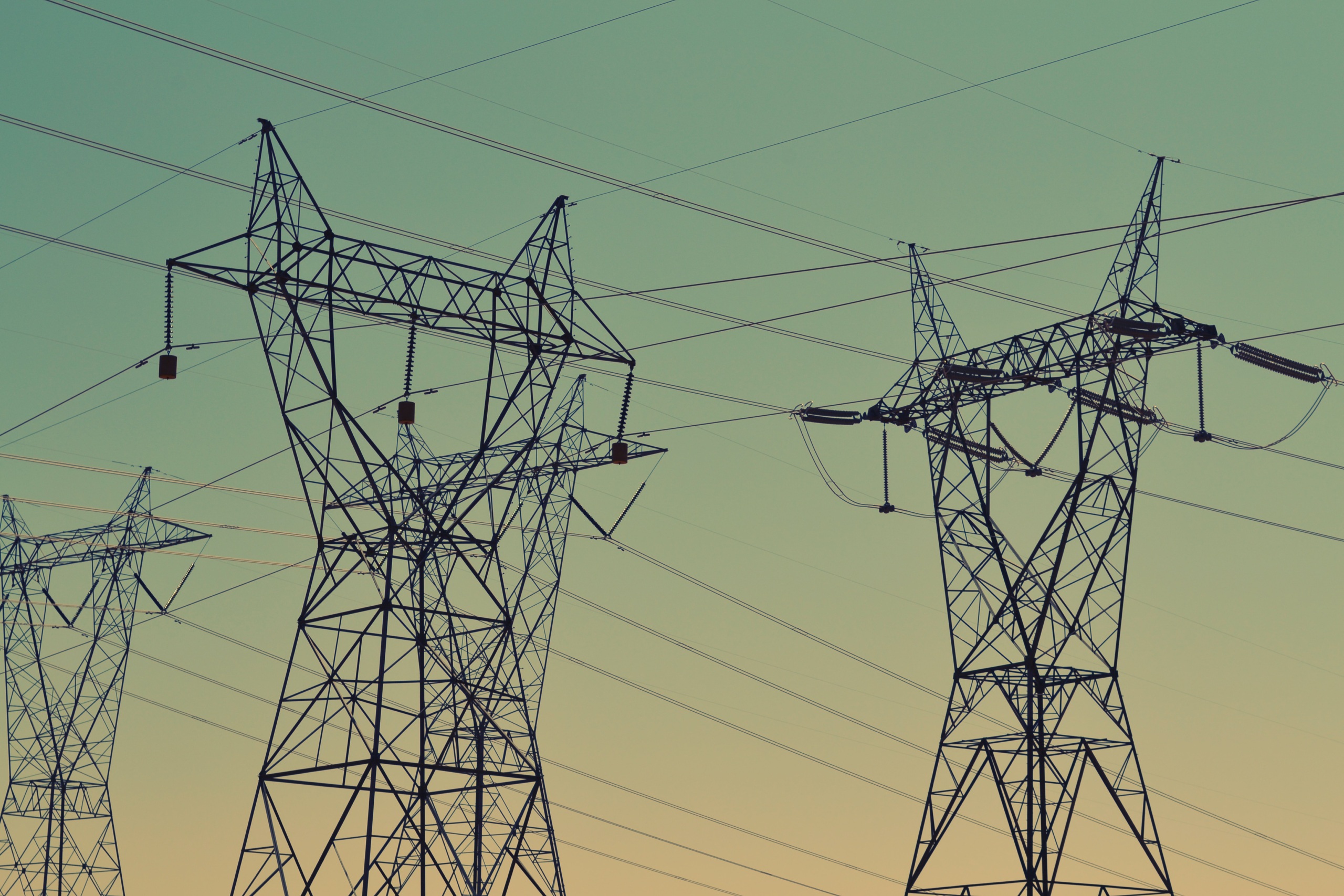
Too Much Pollution: State and National Trends in Global Warming Emissions from 1990 to 2007
Global warming pollution declined in one-third of the states since 2004, the year in which pollution levels began to peak in many states, according to a new analysis of government data released today by Environment America. States are reducing pollution in part by using cleaner energy that keeps money and jobs in the local economy. Pollution levels, however, rose in the majority of states (33) between 2004 and 2007.
Downloads
Environment America
Executive Summary
The key findings include the following:
- Nationally, emissions of carbon dioxide from fossil fuel consumption increased by 19 percent between 1990 and 2007. Power plants and vehicles, the largest sources of carbon dioxide emissions in the United States, were responsible for the lion’s share of the increase.
- Yet, emissions peaked in multiple states in 2004 or 2005 and declined in 17 states and D.C. between 2004 and 2007 – well before the onset of the recession. Actions by these states to use energy more efficiently and switch to cleaner forms of energy played a role in reducing pollution.
- Moreover, four Northeastern states – Connecticut, Delaware, Massachusetts, and New York – and D.C. emitted less carbon dioxide from fossil fuel consumption in 2007 than they did in 1990. The biggest factor in all four states was a shift to cleaner forms of electricity. These states cut their pollution levels by 5 percent since 1997, while increasing their gross state product by 65 percent.
- Still, emissions in 33 states increased between 2004 and 2007.
The initial success of the states that have reduced pollution since 2004 shows that moving to clean energy can have a significant and immediate impact on overall emissions – and that emission reductions and robust economic growth can occur side by side.
Topics
Find Out More


Five key takeaways from the 5th National Climate Assessment

Carbon dioxide removal: The right thing at the wrong time?



